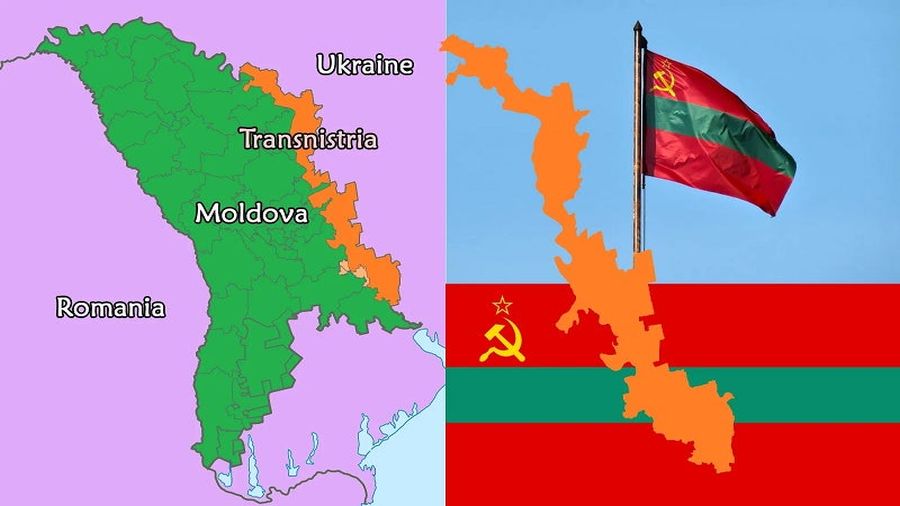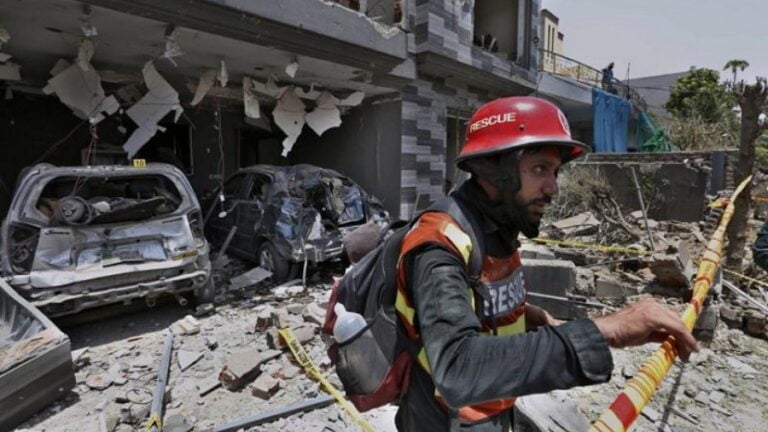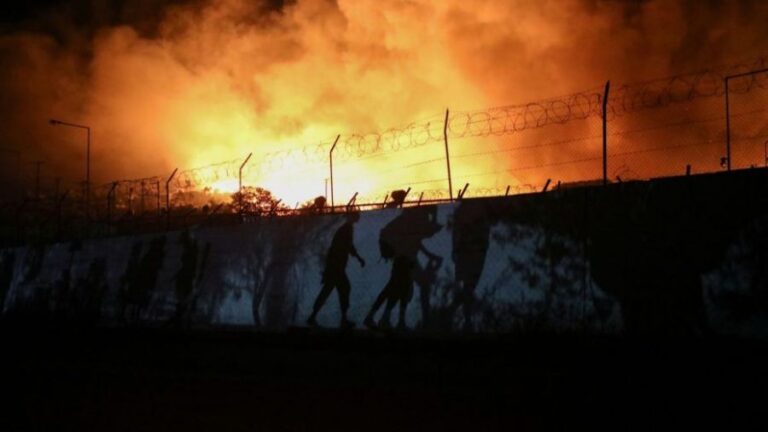Kiev’s Impending False-Flag Transnistrian Distraction Is Extremely Dangerous
The reason why Kiev’s impending false-flag plot is so dangerous is because it could very easily come to involve NATO member Romania, which some have suspected of harboring intentions to incorporate Moldova on the basis of historical claims to that land. Moldovan President Maia Sandu has been accused by some of secretly collaborating with Bucharest in pursuit of this scenario, which could risk a direct NATO-Russian clash in that former Soviet Republic should it come to pass.
Russia’s top brass accused Kiev of plotting a false-flag invasion of Moldova’s breakaway Transnistria region that it claims will be carried out by Azov Neo-Nazis wearing the uniforms of Russian soldiers. This alleged provocation will then serve as the pretext for Ukraine to invade that separatist entity in which Moscow has had a small number of military forces per prior agreements clinched with the parties that were previously involved in that landlocked country’s brief civil war.
The modus operandi that Moscow warned Kiev is plotting to employ is the exact same one that Hitler did in the immediate run-up to the Nazis’ invasion of Poland. At that time, his forces dressed up as Polish soldiers while carrying out a false-flag attack against a German radio station that was subsequently employed as the pretext for attacking that neighboring country. Since Kiev can hardly be described as an independent actor, the Kremlin also directed follow-up warnings to the US and NATO.
It informed them that the Russian Armed Forces “will react appropriately” to any such provocations, adding that “Any actions posing a threat to their security will be viewed, according to international law, as an attack against the Russian Federation.” The reason why Kiev’s impending false-flag plot is so dangerous is because it could very easily come to involve NATO member Romania, which some have suspected of harboring intentions to incorporate Moldova on the basis of historical claims to that land.
Moldovan President Maia Sandu has been accused by some of secretly collaborating with Bucharest in pursuit of this scenario, which could risk a direct NATO-Russian clash in that former Soviet Republic should it come to pass. About the chances of Kiev going through with the false-flag invasion that Moscow just warned about, this regrettably can’t be ruled out since there’s a certain logic inherent to that crumbling country’s leadership seriously considering this course of action.
The military-strategic dynamics of the Ukrainian Conflict, which is nowadays indisputably a NATO-Russian proxy war, have been trending in Moscow’s favor over the past few months. That anti-Russian alliance’s chief also belatedly acknowledged that his de facto New Cold War bloc is in a so-called “race of logistics”/”war of attrition” with that targeted Great Power, which bodes negatively for Kiev since it stands to be left in the lurch at Moscow’s mercy if the West can’t sustain the scale of its armed support.
Absent Zelensky agreeing to a potentially Chinese-mediated Russian-Ukrainian ceasefire to avert that, which could happen after each side’s reportedly planned offensives kick off and further clarity is obtained about their success or lack thereof, he might seriously explore this false-flag scenario. The purpose in doing so could be two-fold: 1) distract the world from Kiev’s failure to hold Russia back behind the Line of Control; and 2) open another front for dividing Moscow’s military focus.
It’s difficult to analyze his military-strategic calculations, but there’s a credible chance that Zelensky might be influenced to pursue this scenario precisely because of how dangerous it is. To explain, he already tried to trick NATO in starting World War III after his side accidentally bombed Poland last November but lied by claiming that it was actually Russia that did this, which was done with the intent of provoking nuclear brinksmanship in order to secure more Western support.
This proves that there’s a precedent for expecting him to seriously entertain the scenario of a false-flag Transnistrian distraction for the military and soft power purposes that were explained thus far in this analysis. It could therefore represent a game-changer in the NATO-Russian proxy war, albeit the most dangerous, destabilizing, and thus unpredictable one if it comes to pass. For the time being, observers should remain alert and closely monitor the situation to discern whether he’s ready to do this or not.







